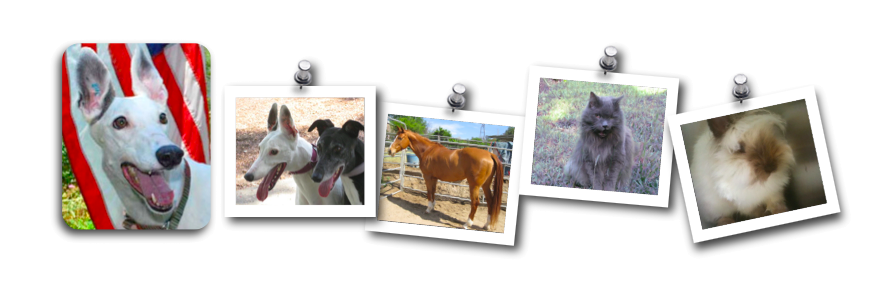Published: Saturday, October 30, 2010, 5:00 AM
My 15-yr-old male cat has always gotten along nicely with our 11-year-old female cat until this past weekend. His tail got big and fluffy and he physically attacked her for no apparent reason. This occurred two more times after dinner time –almost like “sundowning” in people with Alzheimers.
My theory is that Max had a temporary lapse of memory and didn’t recognize her and was perhaps protecting his territory. He also gives out an almost guttural meow/howl for some time before he calms down/lays down.
I don’t remember ever seeing an article on dementia in senior cats and if this is what you suspect, I appreciate you trying to help us out.
Cindy Miller - Whitehall
Dear Cindy:
At 15, it’s entirely possible Max is experiencing some cognitive decline. The symptoms of feline dementia are quite similar to Alzheimer’s in humans. Confusion and agitation tend to worsen towards the end of the day.
All but one of my cats has lived well into their late teens and each displayed some form of dementia in their final years. It usually started with odd vocalizations and advanced to confusion as to time of day, changes in sleep patterns, and minor scraps between the elder kitties.
The most common symptoms of “kitty Alzheimer’s” include:
1. Loud vocalizations beyond a simple meow.
2. Increased agitation and restlessness, especially at night
3. Altered relationships/irritability towards human family members or other pets
4. Changes in appetite – forgetting to eat or not remembering when they do
5. Decreased self grooming
6. Memory loss – forgetting to use the litter box; not recognizing other “beings”
7. Disorientation – getting trapped in corners, not knowing where they are
Research conducted by Scottish veterinary surgeon Dr. Danielle Gunn-Moore shows that 28% of cats aged 11 to 14 and up to 50% of older cats could be affected. She recommends a diet fortified with antioxidants and vitamins, as well as stimulating playtime with kitty’s favorite humans. Applying a feline appeasement spray, such as Feliway, to kitty’s sleeping areas may also help to reduce stress. More advanced cases may require medications and dietary changes prescribed by a vet.
An annual exam is critical for senior cats, as many signs of physical pain can be mistaken for dementia. Because our feline friends are living longer they are more prone to diseases common in human aging, such as arthritis, cancer, and kidney failure so you definitely need to have him vet checked. Also, try to provide a calm, stress free environment that may include special resting quarters for him.
My kitty Otis started exhibiting signs of dementia about a year ago. He often stares into space and howls at nothing. Providing gentle exercise, some grooming assistance and reminders to eat help him feel like his old self. Plus we added another litter box in an open location “just in case”.
As with aging humans, this is when our once robust, independent companions need us for quality end-of-life care-- a labor of love when you understand the changes that are taking place.
Dear Karen:
Regarding the cat who hisses at and attacks the son-in-law, you should have suggested he come to the house armed with catnip or cat treats in hand. It will only take a visit or two to calm kitty down and turn them into the best of friends. It could be she can’t stand the strong scent of whatever he is wearing especially if it is the scent of another cat on his clothes.
Ramona Ruhf – Bethlehem
Dear Ramona:
Excellent suggestion. However, since this fellow doesn’t like cats he may not cotton to the idea of rewarding kitty with goodies after their previous run-ins. I’m pretty sure he doesn’t smell like other cats unless he’s playing hard to get! Thank you for writing.

